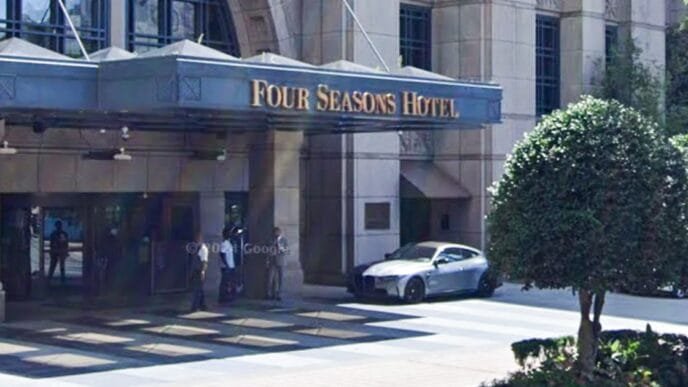Lahore [Pakistan], October 29 (ANI): With Air Quality Index (AQI) touching the mark 708, Lahore yet again, topped the world map in the list of most polluted cities of the world, reported Dawn.
With PM2.5 concentrations spiking to 431 ug/m3–86 times higher than the World Health Organisation’s (WHO) annual safe limit–the health of millions of Lahore residents is increasingly jeopardised, Dawn reported.
Even the lowest AQI reading in the provincial capital registered a dangerous 246, categorised as “very unhealthy.”Experts stated that the severe pollution in Lahore can no longer be dismissed as seasonal, with hazardous smog persisting even in summer months, a sign of “systemic environmental mismanagement.”The crisis stems not just from stubble burning but from uncontrolled vehicular emissions, outdated industrial practices, and ineffective environmental oversight.
Private air quality monitors across Lahore reported even higher AQI levels, with readings reaching a staggering 953 in Gulberg, 810 near Pakistan Engineering Services, and 784 on Syed Maratab Ali Road.
Yet, the secret of the Environment Protection and Culture Change Department (EPCCD) dismissed these readings, stating that government monitors use lower-cost sensors and that private data “could not be considered reliable,” reported Dawn.
The EPCCD also acknowledged Pakistan’s lack of comprehensive research into smog sources, admitting that official estimates of vehicular emissions range widely from 40 to 80 per cent of Lahore’s pollution load.
Contributing factors include 4.5 million motorcycles, over a million cars, and numerous factories and brick kilns, many operating without emission controls.
Currently, Lahore relies on only three functional air quality monitors, with eight additional units planned for November. However, pollution levels peak between 11 pm and 5 am, coinciding with the movement of heavy trucks and ongoing construction. This leaves residents exposed to unmonitored toxic air during critical hours.
In response, Senior Minister Marriyum Aurangzeb issued an emergency alert urging citizens to wear masks and limit outdoor activities, though critics argue that such advisories fall short.
Factories and kilns continue to operate, and construction remains unchecked, exacerbating air quality further. The government has acknowledged that nighttime air quality deteriorates due to heavy truck movement and ongoing construction, Dawn reported.
The Punjab government claims it will address the issue by adding new air monitors and improving reporting, but delays have left millions at risk. Pakistan’s reluctance to enforce environmental policies has allowed pollution levels to reach hazardous highs, making Lahore’s persistent pollution crisis a sobering example of inadequate governance and public health negligence. (ANI)











